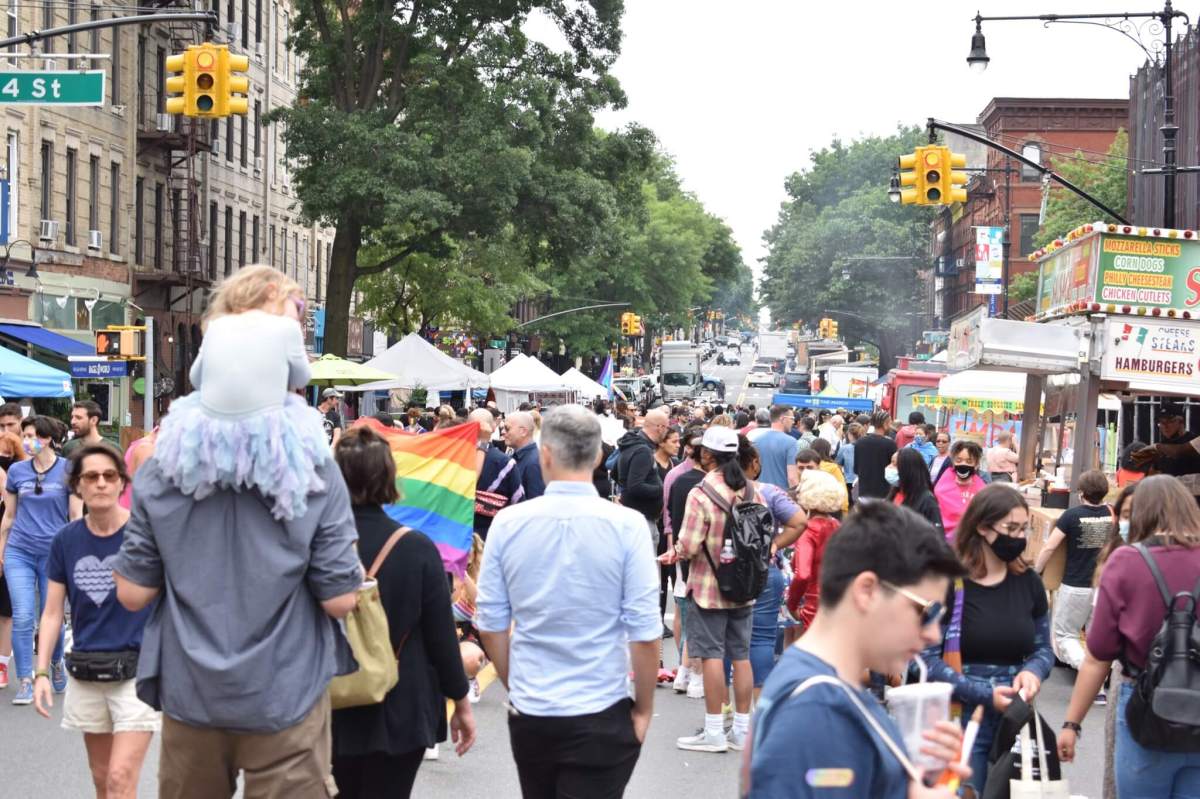The majority of Americans do not believe that religion should be used as a reason to discriminate against LGBTQ individuals, according to a survey conducted by the Williams Institute at the UCLA School of Law.
The study, which involved 1,0003 respondents and was conducted last September, found that 84% of participants did not believe medical professionals should be able to withhold care for LGBTQ individuals, while 74% said they were opposed to employers discriminating against applicants based on sexuality and gender identity. The survey also found that 71% of respondents did not believe that businesses should be able to deny services to LGBTQ people.
Among respondents, women were more likely to be opposed to the use of religion as a reason for discrimination, but still, over two-thirds of men were also opposed to it. People of color were also more likely to be opposed to discrimination based on religion compared to white respondents. More than 80% of Black respondents were against using religion to discriminate against LGBTQ people, while 68% of white respondents rejected the use of religion to deny business services and 71% opposed using religion to perpetuate employment discrimination against LGBTQ people employment. In each racial group other than the white participants, more than 80% of people were opposed to religious-based discrimination.
A majority of Democrats did not believe that religious-based discrimination should be permitted, with the three “domains” being medical care (92%), business services (90%), and employment (89%). Those numbers were far lower among Republicans, with 71% of GOP voters rejecting religion in a discriminatory way against LGBTQ people in medical care and 52% opposing religious discrimination against LGBTQ people in business services and 54% in employment, respectively.
Religiously affiliated participants of the survey also opposed the use of religion in discrimination in all three domains; around two-thirds Catholics and Protestants/Christians were opposed. However, those who attended more religious events and services regularly were more likely to be unopposed to religious-based discrimination.
Most unsurprisingly, those who had a close, or relatively close, connection with someone who identified as a part of the LGBTQ community were more likely to be opposed to religious-based discrimination (medical care: 86%; business services: 75%; employment: 78%).
However, knowing someone from the community closely was not the only factor for this opposition, as a majority of those who did not know an LGBTQ individual personally also rejected this brand of discrimination, with 65% opposed to denying services or employment and 80% against denying medical care to an LGBTQ person.
The results coincide with the recent 303 Creative case in which the Supreme Court ruled in favor of a website designer who did not want to make products for LGBTQ weddings. In 2020, the Supreme Court ruled in favor of LGBTQ workers when it found that Title VII of the 1964 Civil Rights Act’s ban on employment discrimination based on sex extended to sexual orientation and gender identity discrimination claims.































